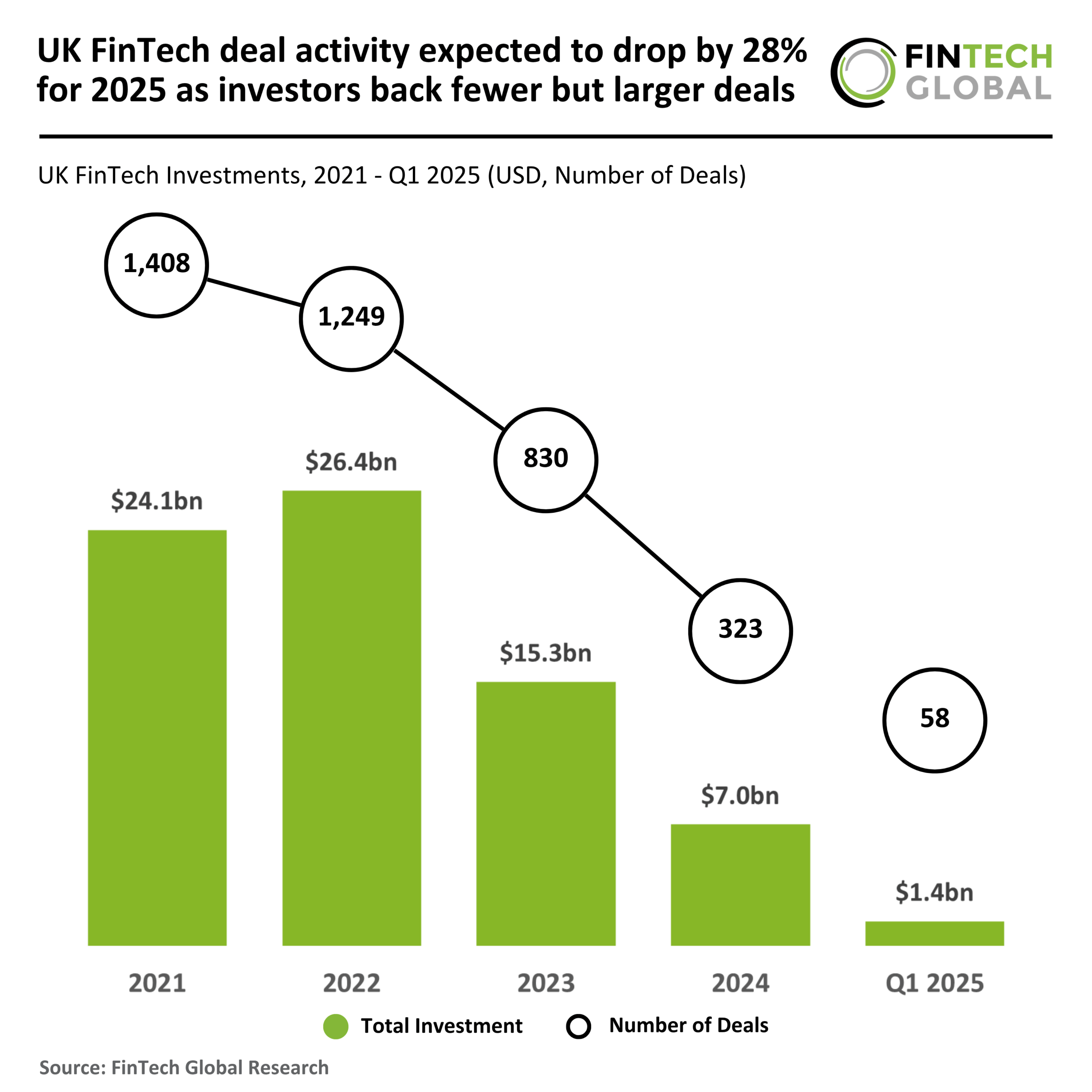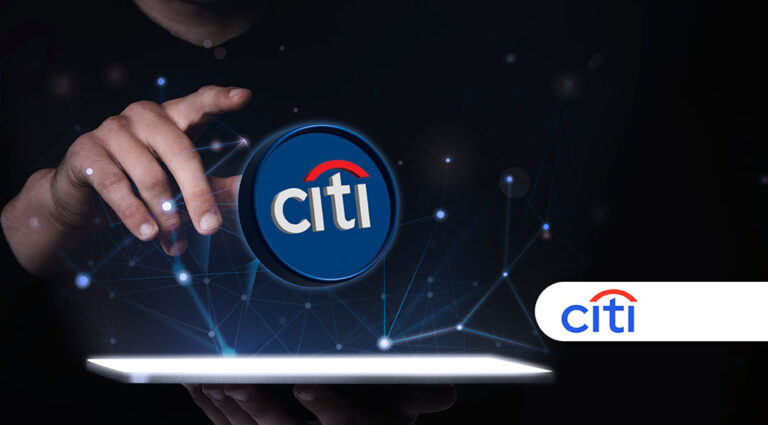
Similar Posts

Cloudsmith Secures $23M in Series B Funding to Enhance Security Features
Cloudsmith, a Belfast-based artifact management platform, has raised $23 million in a Series B funding round led by TCV, with support from Insight Partners and existing investors. This investment underscores the increasing need for software supply chain security, which Cloudsmith addresses with its cloud-native platform. The company has nearly doubled its enterprise customer base and positions itself as a competitive alternative to traditional providers like JFrog and Sonatype. The funds will be used to expand sales and marketing, improve customer success, and enhance software security features, benefiting developers and cybersecurity professionals.

Citi Launches 24/7 Real-Time Cross-Border Payments for Institutional Clients
Citi has launched its Citi Token Services for Cash as a fully operational solution, enhancing multimillion-dollar transaction capabilities for institutional clients. The service provides 24/7 cross-border liquidity and payment solutions on a secure, private blockchain. Clients won’t need to manage tokens, and the offering originated from a pilot between Singapore and New York, with plans for future expansion. Additionally, Citi has introduced its Token Services for Trade in the shipping sector, aiming to streamline trade finance through smart contracts and rapid settlements. Executives highlight the potential for significant efficiency improvements within transaction processes.

QuEra Computing Raises $230M to Propel Fault-Tolerant Quantum Technology Forward
QuEra Computing, a Boston-based leader in neutral-atom quantum computing, has raised over $230 million to advance large-scale, fault-tolerant quantum computers. This funding round attracted major investors including Google and SoftBank Vision Fund 2, with $60 million contingent on meeting specific conditions. Interim CEO Andy Ory highlighted that this investment will enhance QuEra’s growth, allowing for accelerated development of quantum technology and expansion of its scientific team. QuEra aims to revolutionize industries such as finance, pharmaceuticals, and cybersecurity by delivering scalable quantum solutions that address significant business challenges.

Why ESG Compliance is Crucial: Navigating Regulatory Updates for Sustainable Success
As the regulatory landscape for Environmental, Social, and Governance (ESG) compliance evolves, companies face uncertainty, particularly with the upcoming Omnibus Regulation proposal on February 26. Delaying compliance initiatives poses financial, operational, and reputational risks. Despite changes, the importance of ESG compliance remains vital, with regulations like the EU Taxonomy and Corporate Sustainability Reporting Directive guiding the transition to a decarbonized economy by 2050. Companies that adopt ESG frameworks early can benefit from cost savings, improved stakeholder relationships, and market differentiation, positioning themselves advantageously for future requirements. Proactive preparation is key for maintaining trust and competitiveness.

Kaira Technologies Secures Significant Investment from PEAK Capital Partners: A Game-Changer in FinTech
Kaira Technologies, a Quebec-based FinTech firm, is making strides in digital financial coaching through a partnership with PEAK Capital Partners, aimed at boosting its growth in Canada. Founded in 2018, Kaira offers an AI-driven platform for budget coaching and financial planning tailored to various clients. The investment will enhance technology development, expand services, and grow the team, addressing the rising demand for financial guidance—projected to affect over 80% of Canadians by 2025. Leadership emphasizes the need for improved financial health support, positioning Kaira to lead in delivering accessible financial solutions nationwide.

EU Council Postpones Critical Sustainability Reporting: CSRD and CSDDD Updates
EU member states have approved a directive to delay key sustainability reporting and due diligence requirements, part of the European Commission’s Omnibus I package. This ‘stop-the-clock’ initiative aims to ease the regulatory burden on businesses, especially small and medium-sized enterprises (SMEs). Key changes include a two-year delay in enforcing the Corporate Sustainability Reporting Directive (CSRD) and a one-year extension for the Corporate Sustainability Due Diligence Directive (CSDDD). The reforms target reducing reporting obligations by 25% for all companies and 35% for SMEs, with the European Parliament set to vote on the proposal on April 1.
